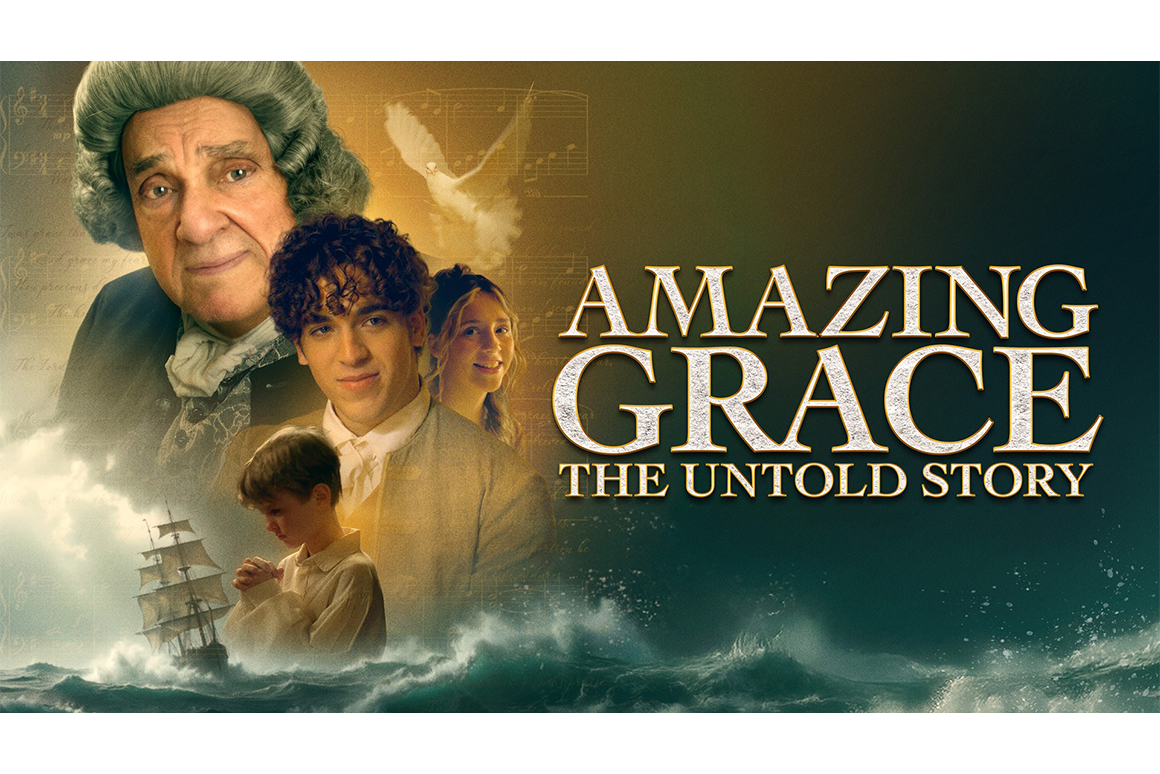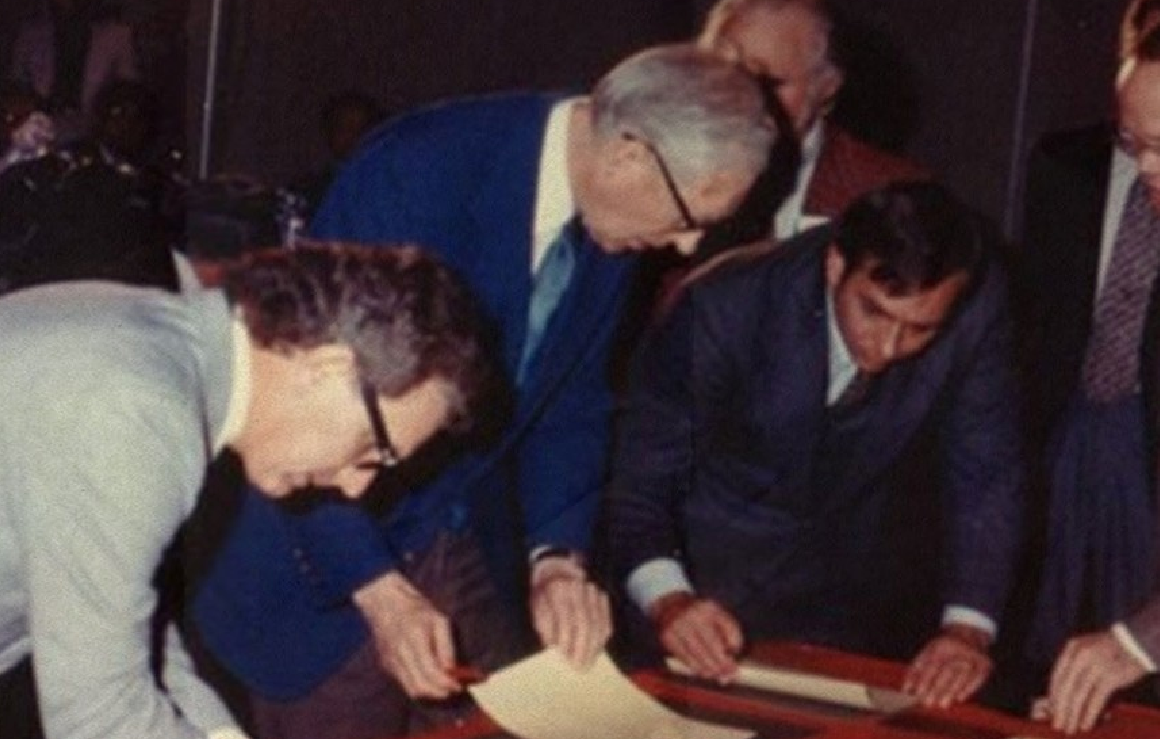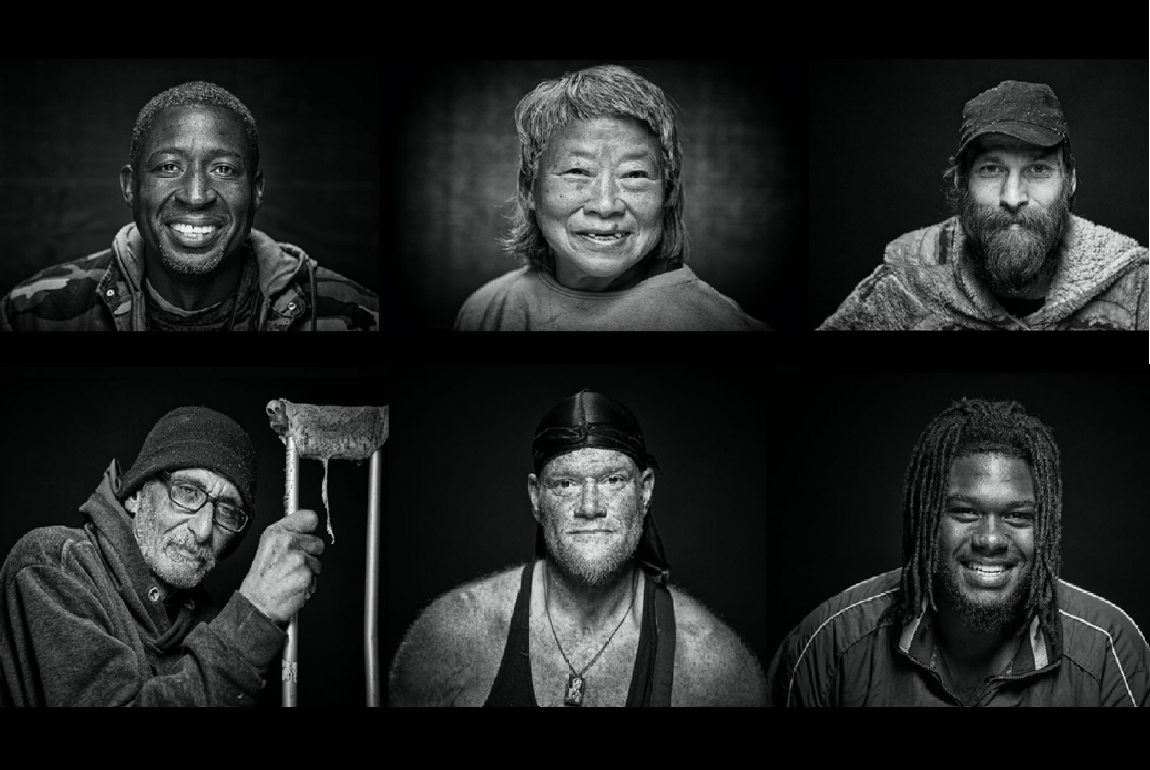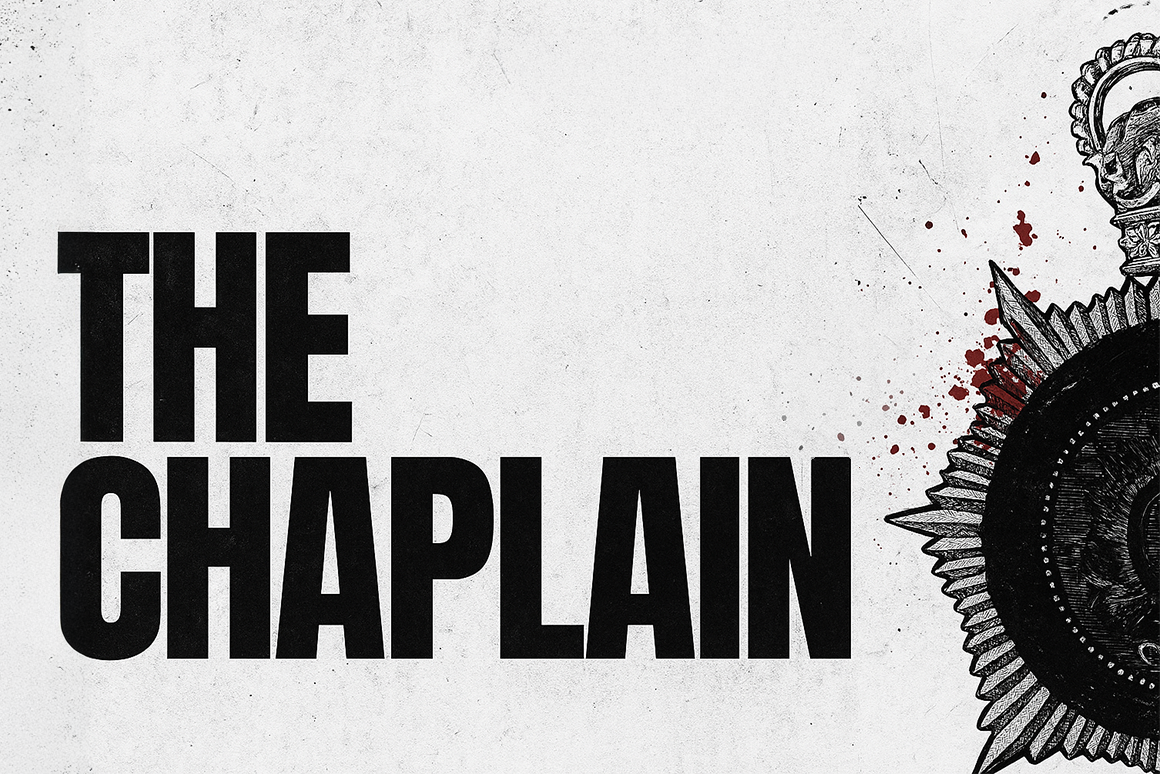Help Us Impact the Culture for Christ - Faster
Kappa Studios is best known for The Chosen, but we have more Gospel-advancing films and shows that are almost complete—but need finishing funds. Your tax-deductible gift helps finish and release these projects.



























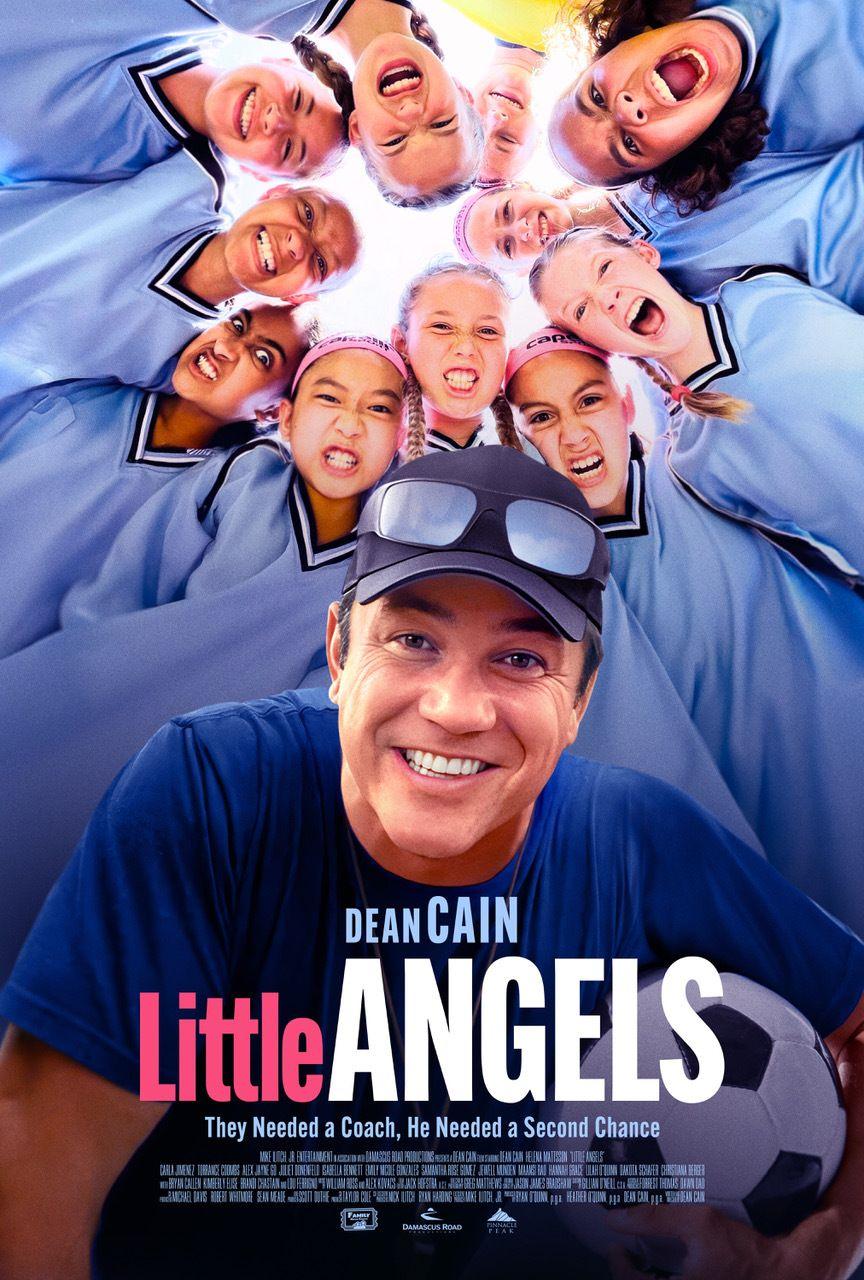








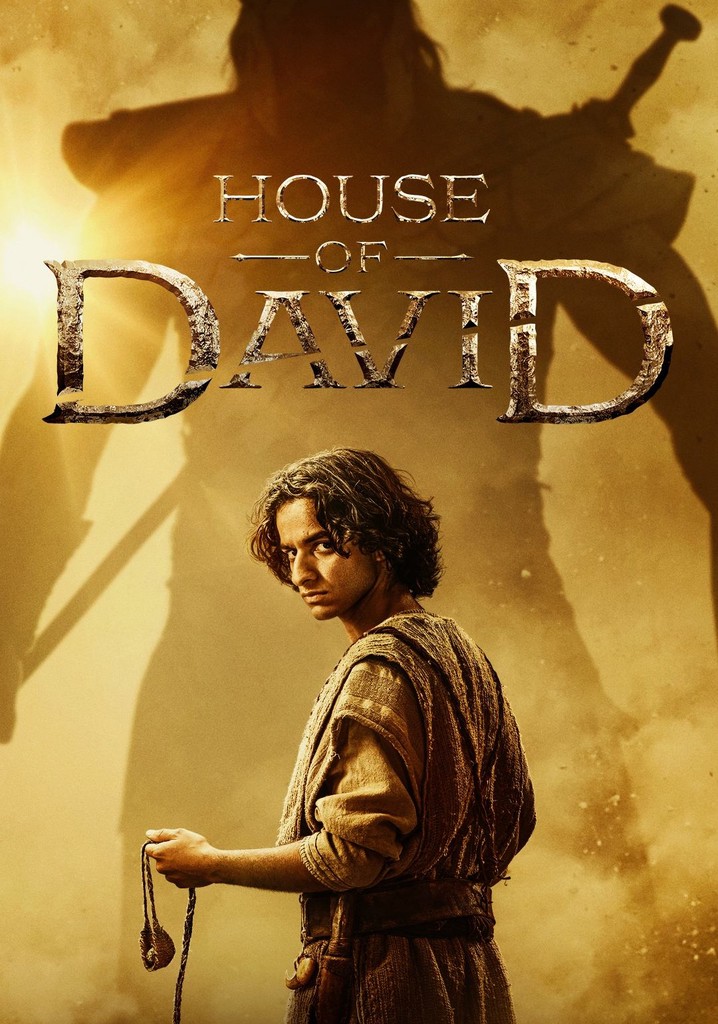
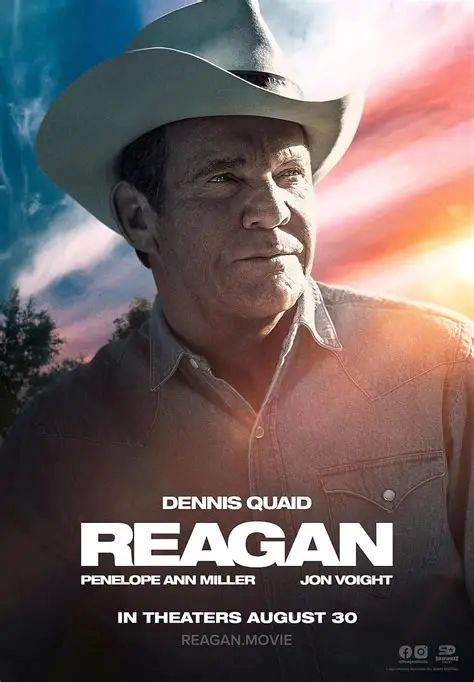










Currently Funding
Donate to a specific project or to the general fund. Our 501c3 Kappa Impact fund is housed at National Christian Foundation

Meet the studio
behind Kappa Impact
You’ve seen our work in The Chosen, Reagan, House of David, Best Christmas Pageant Ever and more.
































.jpg)







